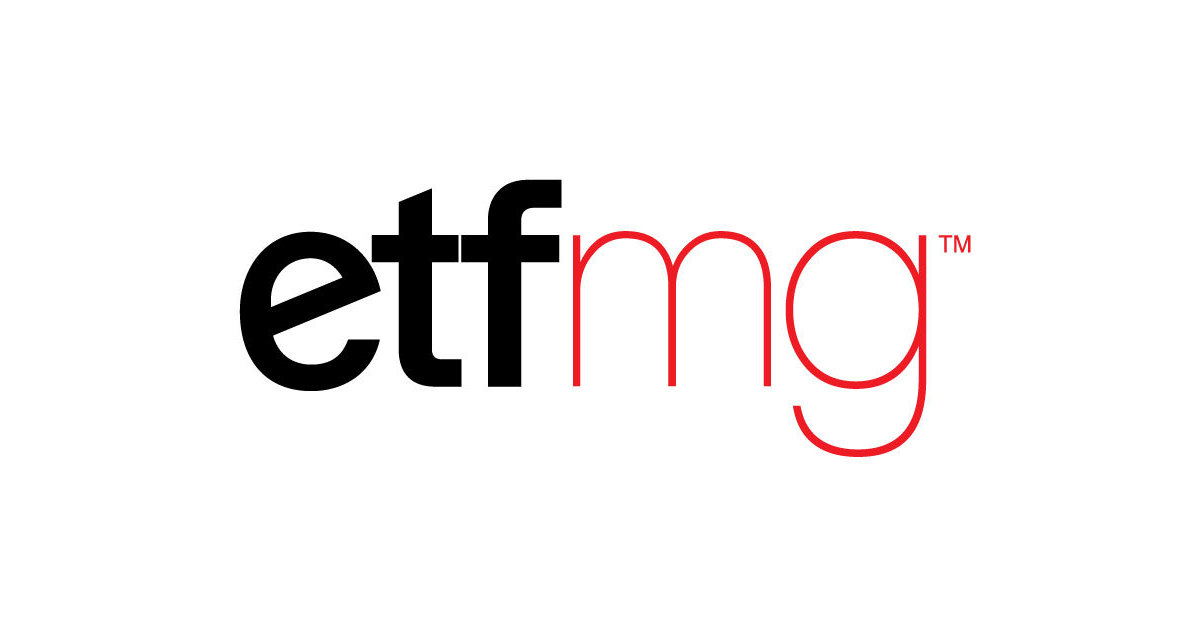Investors and issuers are doubling down on metaverse ETFs, even as the strategies are beaten down in the market and the virtual spaces are ridiculed by the public.
Over 35 metaverse-related ETFs have launched globally since June 2021, according to data from Morningstar. That has outpaced the 32 internet-themed launches and 29 blockchain ETFs over the last two years.
The launches are not limited to smaller firms: Earlier this month, BlackRock launched a metaverse ETF, the iShares Metaverse UCITS ETF (MTAV), which is listed on Euronext, ETF Stream revealed.
The interest comes despite the lacklustre performance of companies invested in the metaverse. Shares of Microsoft and Nvidia, two of the six firms that make up the Metaverse Standards Forum, have slumped 27% and 47% so far this year, respectively.
Meanwhile, Facebook’s parent company Meta has plummeted nearly 66% so far this year and 60% since it changed its name last October. Adding to the tech sector’s woes are headwinds like rising interest rates and supply shortages that have led to layoffs, revenue declines and soaring repatriation costs.
But that has not stopped firms’ investments – and losses – in the metaverse.
Menlo Park, California-based Meta reported in October that its metaverse Reality Labs lost more than $3.6bn in the third quarter this year, surpassing the $2.6bn loss posted the year before.
"It is a level of investment we believe makes sense for a company committed to staying at the leading edge of one of the most competitive and innovative industries on earth,” Reality Labs chief technology officer Andrew Bosworth wrotein a blog poston Monday.
Despite the poor performance, ETF investors and issuers are not dismayed, choosing to stay the course toward potentially game-changing technology, analysts told ETF Stream's sister publication ETF.com.
“A lot of it comes back to what was the excitement in mid-2021 that took over the internet. It was all blockchain, cryptocurrency, NFTs and the metaverse,” Bryan Masucci, director at ETFMG, said, noting the similar excitement that arose around earlier iterations of the internet, so-called Web1 and Web2 technology.
Data more valuable than oil
“This transition to Web3, which a lot of people believe is going to be more of a gradual transition rather than an abrupt change from Web1 to Web2, you have the opportunity to read, write and own data,” he added. “That's important because data is becoming more valuable than oil these days.”
Of the metaverse ETFs launched globally, the five largest have accumulated $966m assets under management (AUM) since June 2021, according to Morningstar.
The funds have largely posted negative returns, with the Roundhill Ball Metaverse ETF (METV) dipping 51% this year, according to ETF.com. The STOXX Global Metaverse index, which offers exposure to 65 companies involved in the digital marketplace, gaming, health care, manufacturing, software, hardware and components, has also tumbled nearly 35% this year.
Still, experts point to the long-term appeal metaverse technology may have for investors.
“The overarching story around the components that make up Metaverse still have a very long-term appeal when it comes to growth and innovation,” Arun Singhal, global head of product management at Qontigo, told ETF.com.
“I hope that folks are not looking at something like a thematic index as being a core strategic holding,” he added. “When we look at these offerings, we are capturing narrow baskets of stocks, putting them into an index to capture certain narrow exposures; in this case, a growth innovation story.”
This article was originally published on ETF.com
Related articles






